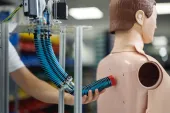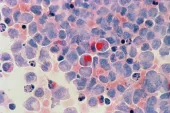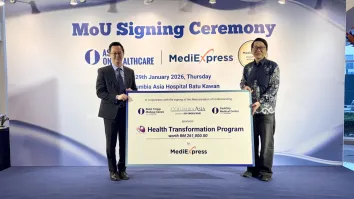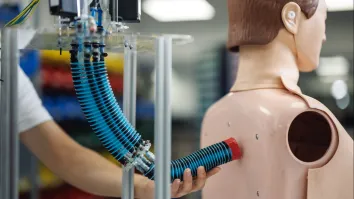
IT budgets could shrink for half of life sciences firms
Only 15% of life sciences firms believe digital tools could enhance customer experience.
Involving healthcare professionals (HCP) is key to maximising digital tools, as currently, only 15% of life sciences firms think they are effective in using these to enhance customer experience, according to KPMG. There is also a concern about funding as more than 50% of life sciences companies expect their IT budget to decrease or, at best, to stay neutral in the near future.
As an example, KPMG worked with a life sciences company that sought a Minimum Viable Product (MVP) for a mobile platform that connects HCPs with the company’s teams and product information. This resulted in the production of digital assistant on a mobile phone, equipped with a chatbot aimed to support the communication between the HCP and sales representatives of the life sciences company.
“Various uses of chatbots meant for HCP interactions are for imparting information onward,” noted Dr. Suchitra Kataria, digital health entrepreneur & researcher at KPMG. “It could be company-sponsored education, patient support programs, therapy side effects, medical query handling, adverse event reporting, trial updates, issue redressal, etc.”
Following design thinking principles was a key differentiator for the project, KPMG said. “The benefits include increased collaboration, cutting down on defects, faster time to go-to-market (usually by at least 50%), and increased success rate (usually by a ratio of 2:1).”
Moreover, involving HCPs in the process helped to deliver user journey perspectives and a safe place for the HCPs to interact directly with the life sciences company, leverage on external ideas and expertise to address the problem statement via a hackathon approach, and prioritise a long list of suggestions into the ones that were most likely to succeed in the healthcare context.
The project is already looking to scale across geographies (including beyond APAC) and to more than 20 different therapeutic areas. According to the KPMG research, over half of life sciences companies target such educational platforms as a digital use case, though less than one-third have achieved this ambition.
“HCPs are critical for the pre-launch and ongoing recommendation activities as they introduce patients to suitable medical products; thus having the right information on-hand quickly is key,” said Ajay Sanganeria, head of Life Sciences at KPMG.



















 Advertise
Advertise





